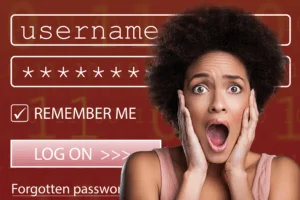Using complex and unique passwords for different sites is essential for protecting yourself online. If you reuse passwords or choose weak ones, a security breach on one site can compromise your accounts on other sites as well. Complex and unique passwords make it more difficult for hackers to gain unauthorized access to your accounts and personal information.
Two-factor authentication is an additional layer of security that requires a second form of identification, along with your password, to access your accounts. It provides an extra level of protection even if someone knows your password. Implementing 2FA adds an extra barrier for potential attackers and significantly enhances the security of your accounts.
Phishing attacks often serve as a method for hackers to gain access to sensitive information, including email accounts. Protecting against phishing involves training your team to recognize phishing attempts, regularly testing for vulnerabilities, and implementing security best practices. By educating yourself and your team about common phishing techniques, you can minimize the risk of falling victim to such attacks.
Properly securing your company website is essential for various reasons. Encrypting communications to and from your website provides security benefits by protecting sensitive data and preventing unauthorized access. Additionally, it can improve search rankings and enhance user trust, ensuring that visitors feel safe while interacting with your website’s content.


